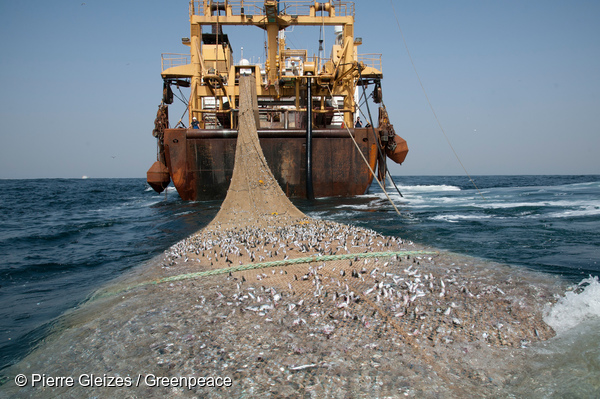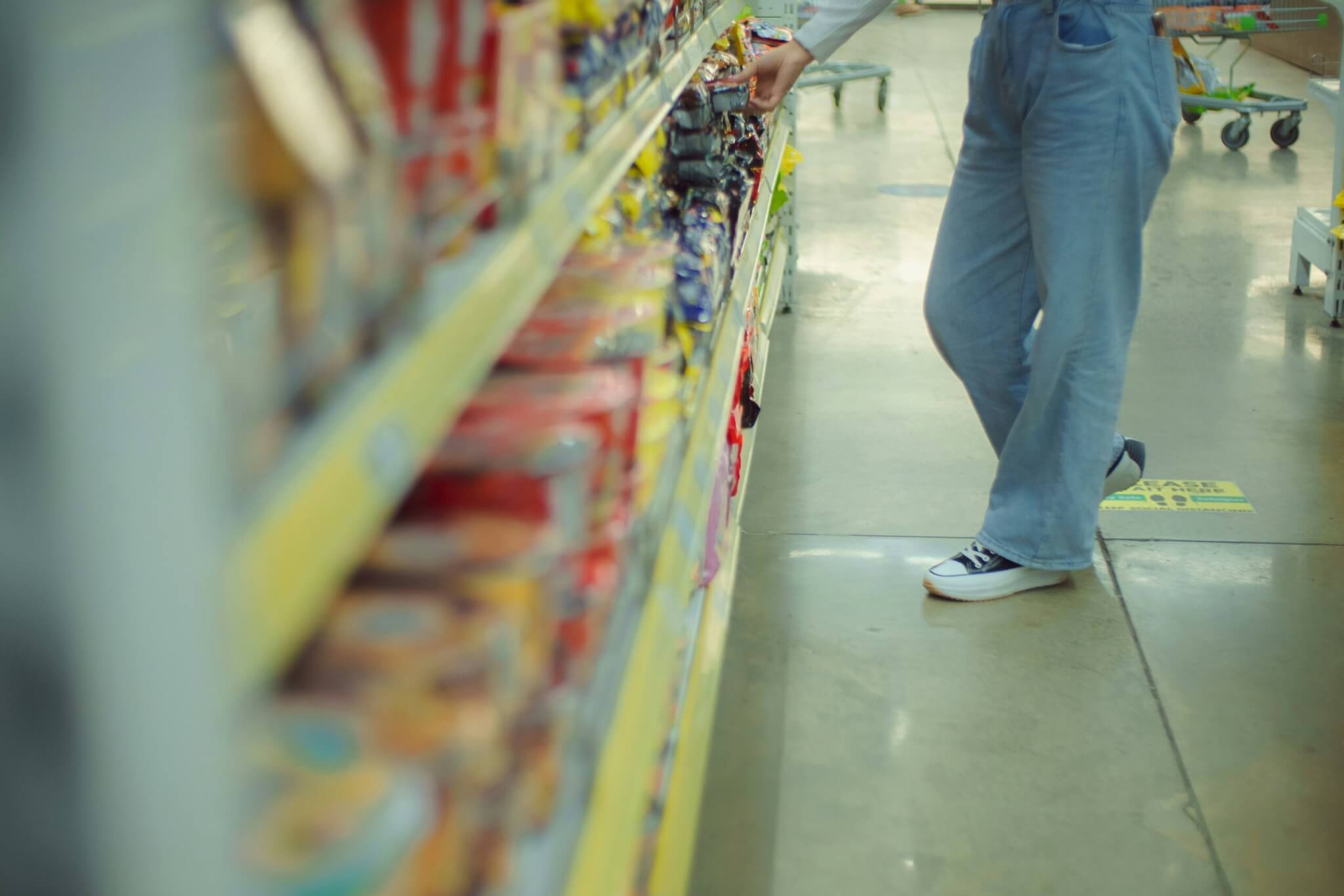More than half a million tonnes of small fish are caught by super trawlers along the West African coast every year to be turned into feed for aqua and agriculture, dietary supplements and pet food, according to a new report.
The report, entitled Feeding the Monster by NGOs Greenpeace Africa and Changing Markets, highlights the impact on small fishing communities along this coastline, which rely on these fish stocks for essential protein.
It examines the impact of the growing aquaculture industry in Europe and its reliance on wild fish, or fish meal fish oil (FMFO), caught and processed from West Africa, and its links to mainstream supermarkets.
West Africa’s production of fishmeal and fish oil has grown more than ten-fold in the past decade, and the report found the practice is undermining food security in coastal communities of Mauritania, Senegal and The Gambia, particularly in Mauritania where 70 per cent of the fish oil exports went to the EU in 2019.
Roughly one third of fishmeal goes to the agricultural sector, 23 per cent of which goes to feed pigs. The aquaculture industry is already providing over half of global fish consumption and is expected to grow further to reach 60 per cent of total global fish consumption by 2030.
“The fishmeal and fish oil industry, as well as all governments and companies supporting them, are basically robbing local populations of livelihoods and food in contradiction with international commitments on sustainable development, poverty alleviation, food security, and gender equality,” said Greenpeace Africa senior campaigner, Dr Ibrahimé Cissé.

The main fish species used by the fish oil industry in West Africa – sardinella and bonga – are already overexploited, posing ‘a serious threat to food security in the subregion’, according to the FAO.
Europe is home to several of the world’s largest aquafeed companies – Cargill Aqua Nutrition/EWOS, Skretting, Mowi and BioMar, which are connected to West African FMFO suppliers, the report found.
The report found major supermarkets including Tesco and Sainsbury’s in the UK and Carrefour in France are also implicated through buying from seafood processors and producers linked with the fish oil trade in West Africa.
“Now is the time to rethink supply chains and rapidly phase out the use of wild-caught fish in farmed fish and other animals, to preserve these fish populations for future generations,” said campaigns manager at Changing Markets, Alice Delemare Tangpuori.
“Exports of FMFO to Europe are stealing the livelihoods of coastal communities, by depriving populations of an important food source and means of income. European aquafeed companies and retailers can no longer ignore this major human rights and environmental issue,” she said.
Alongside banning any trade of fish meal oil or use within products, the two NGOs want European policymakers to ban access to fleets from the EU or other countries unless a comprehensive and effective fisheries management regime for the shared small pelagic fish resource has been put in place.













It would appear that pigs get the best part of the deal here! Wilst pigs are as entitled to a decent meal as much as anybody or anything else catching fish in one part of the world to transfer it to another is sheer folly on many counts – not least the use of fossil fuel and the lack of protein for the local small farmers and fishermen in the catching areas. This is not just the fault of some large companies but most large countries and companies of the world are willing to plunder other parts of the world for themselves only. World legislation together with good policing by all member states (members of the world not some plundering robbing group). the sooner this is enacted the better for all on the planet!
the Walrus ~ late as usual!